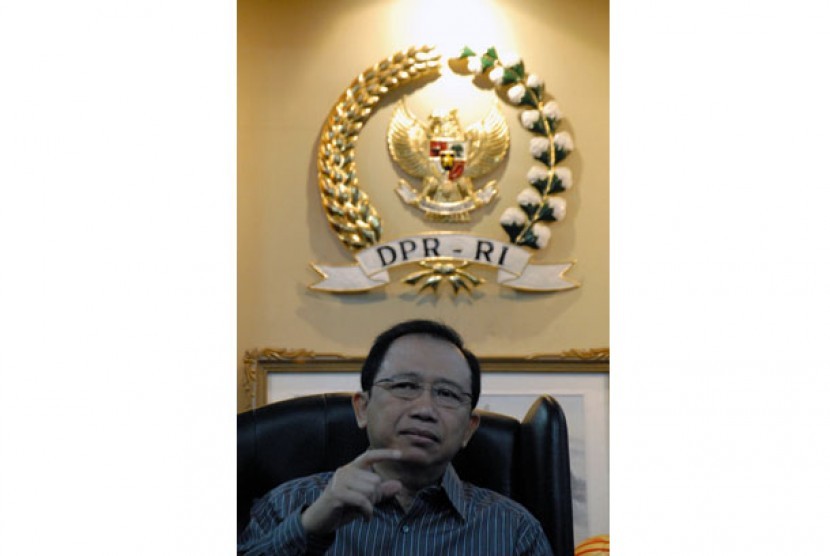REPUBLIKA.CO.ID, JAKARTA -- Singapore has objected to Indonesian House of Representatives Speaker's statement that the House rejected a pact between the countries to extradite people wanted for corruption as it's tied to defense cooperation that would harm Indonesia.
The governments of Indonesia and Singapore had negotiated and signed an Extradition Treaty and Defense Cooperation Agreement on April 27, 2007, but the package is yet to be ratified by the Indonesian House of Representatives, said the First Secretary of Political Affairs of the Embassy of the Republic of Singapore to Indonesia, Terrence Teo, in a press release on Wednesday.
"Perhaps Mr. Marzuki (Marzukie Alie) could use his position as Speaker of the DPR to persuade his colleagues to ratify the package deal, rather than make spurious allegations against Singapore," Teo said.
The Singapore Government was responding to an earlier statement made by Marzukie Alie on October 23.
Marzuki had said that the cooperation agreement contained a provision which stated that Singapore will only extradite Indonesians wanted for corruption if it is allowed to conduct military training in Indonesia.
The provision was included in the Defense Cooperation Agreement (DCA), which has been submitted to the House for ratification.
"As (Singapore says), if you want those who are corrupt, then you must allow us to use your territory. That is not fair," Marzuki observed.
The House will only agree to the pact if the two issues are separated, Marzukie stated.
"Extradition and defense cooperation must be separated. They must not be mixed up," Marzukie added.
The Embassy of Singapore said that it takes a firm action against corruption.
"Global surveys have consistently ranked Singapore as among the least corrupt countries in the world," stated Teo.
Singapore has also signed the United Nations Convention against Corruption (UNCAC) in 2005 and ratified it in 2009, he added.
"Through these mechanisms, Singapore continues to work closely with foreign law enforcement agencies, including those from Indonesia, on corruption-related cases," Teo observed.


